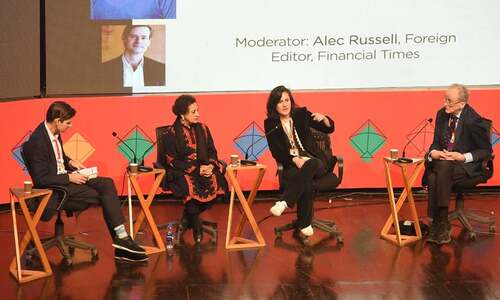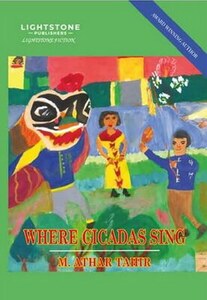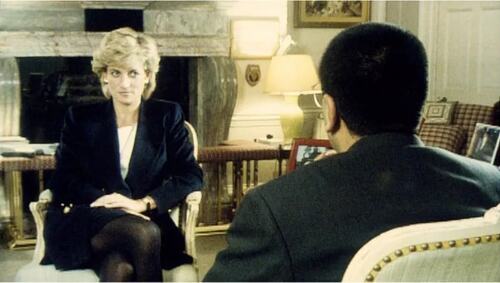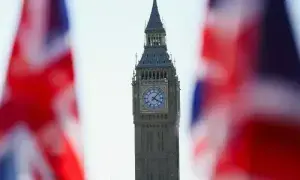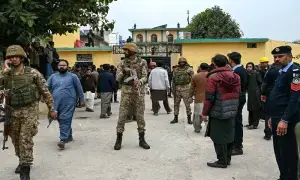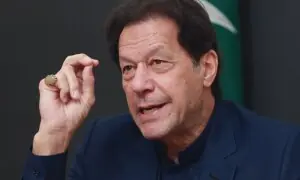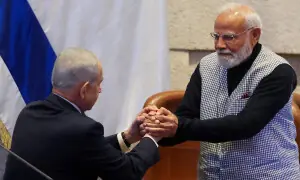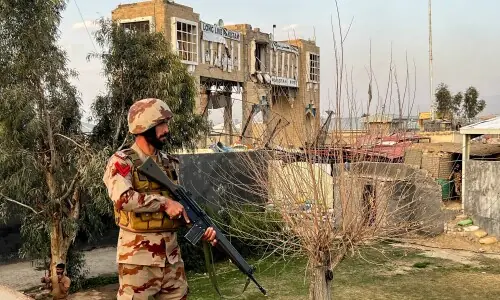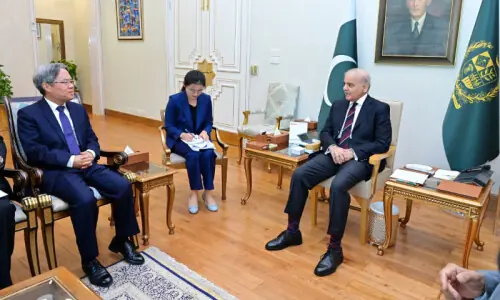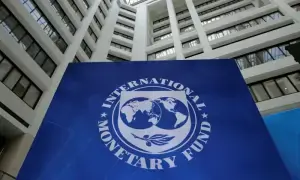
Late summer, 1991. On a break between teaching classes at the School of Oriental and African Studies (SOAS), I found myself by a trolley of returned books and picked up one — Selected Short Stories from Pakistan, edited by Ahmed Ali. Though I was fairly well-acquainted with modern Urdu poetry, I knew almost nothing about contemporary Pakistani fiction. Compelled by both practicality and a tinge of curiosity, I had it issued and took it home. Some of the names Ali had included — his own, Saadat Hasan Manto, Ahmed Nadeem Qasmi, Intizar Husain — were familiar; others were not. I knew of only one of the four women among the 14 contributors and that was Jamila Hashmi, about whom I’d read in Han Suyin’s account of her time in Pakistan; her story in this collection, ‘Banbas’, was outstanding and I made a note to read more of her work.
But it was another story and another contributor’s name that intrigued me most: ‘The Story of the Name’, by Khalida Husain. It was one of those stories with no grand narrative arc, that creep up on you, accumulating their effect with detail upon tiny detail. Here, an overweight, self-hating woman is caught between her mirrored self and a fleeting image of children playing beneath a dingy sky; phrases of a song, perhaps a children’s chant, interweave with the central figure’s nihilistic thoughts. I knew I had to read this story in Urdu because its translated surface suggested something much more hauntingly lyrical and disturbing than the measured English words on the page.
Within a day or two I found Pehchaan, the collection in which it was published, at my public library and in a bookshop near the university another volume, Darwaaza, both published in 1982 in handsome editions by Sang-e-Meel. I was entranced. The stories were bizarre, surreal, blistering, touching and poetic in turn. Young men cut off from their surroundings find themselves in enigmatic situations: by the sea in the company of a mysterious woman with the tide rising to engulf them, in a house with a former beloved who utters gnomic phrases about illustrious names, at the gates of a city with a ‘No Exit’ sign on the front. A woman’s hand is cut off for stealing perfumes, but creeps back to join her arm at night. Another woman finds that the worm-laden tree in her garden is probably growing from a grave. Husain, in her usually maverick fashion, also tackles the canon of Western fairy tale: in her version, the frog prince remains in his well and, in an authorial aside, the cat princess still has a broom tied to her tail/tale.
The structure of the stories challenged all my stereotypes about Urdu fiction that were based on my university studies of Nazir Ahmed, Mirza Hadi Ruswa and a handful of Progressive writers, and had only recently undergone a change when I read the works of Ismat Chughtai. Husain’s use of language, too, was rare, seeming to draw in equal parts on Urdu daastaan, a colloquial register, and an occasional foreign cadence that evoked Franz Kafka, Virginia Woolf and Jean-Paul Sartre. I was fascinated by the non-Western development of the modern short story and finally felt I was reading a writer who had actually done something entirely original. The only comparison I could make was with Intizar Husain — both writers had, for example, a fascination with folklore, but ultimately their differences were more telling than any similarity of approach. For the first time, I was impelled to try to translate an Urdu story into English — ‘Hoops of Fire’, the title story of an anthology of Pakistani fiction I published some years later — is my rendition of Khalida Husain’s ‘Alao’, which ends in the narrator’s hallucinatory epiphany of jumping through the eponymous hoops like a circus animal.
I knew I had to read this story in Urdu because its translated surface suggested something much more hauntingly lyrical and disturbing than the measured English words.
A year later, Husain’s new collection, Masruf Aurat, was in the SOAS library. Although it didn’t add any significant new stories to Husain’s corpus, it did deepen and enhance her investigation of her own metaphysics. The first story is self-consciously about the art of storytelling, and the concluding tale is the author’s translation of ‘The Spinoza of Market Street’ by Isaac Bashevis Singer.
In 1996, steeped in research for my anthology, I made my first trip back to Karachi after a quarter century. To my amazement, Fahmida Riaz decided to put me on a platform with Husain to discuss her fiction with her. In that post-Zia era, I asked this supposedly apolitical author about what I took to be the political allusions in her stories: scaffolds, gallows and graveyards, amputated limbs and shrouded women. I can’t recall the exact words of her Urdu response, but it was to this effect: ‘I started off by staring at a wall, then I began to look out of my window...’
Over an Indonesian dinner that night, I asked the author what she was reading. Albert Camus’s rediscovered novel, she said, and Milan Kundera’s latest. She must have seen the look of slight dismay on my face. She added: “Ah, and every morning before I write I read some pages of Tilism-i-Hoshruba.”
Much later, in December 2016, when I was asked to lecture on her work — in Urdu this time, at the Anjuman-i-Taraqqi-i-Urdu — Husain was only there in spirit and on screen (my talk was accompanied by a long, filmed interview with the writer who has made no public appearances for many years). This year, I was reminded again of Husain by a generous new selection that Asif Farrukhi has made of 18 of her finest stories in Intikhab: Khalida Husain (Oxford University Press). I reread some of them with total recall, others with a glimmer of recognition; a handful I’d forgotten and read in fascination. The selection is largely from her first two books with a couple of stories from her third, and none at all from the fourth. But Farrukhi has judiciously ended his selection with Husain’s most recently published story, ‘Dadi Aaj Chhuti Par Hain’, which shows another, realist dimension of a restless, ever-evolving talent.
The columnist is a short story writer and novelist living in London
Published in Dawn, Books & Authors, October 29th, 2017

